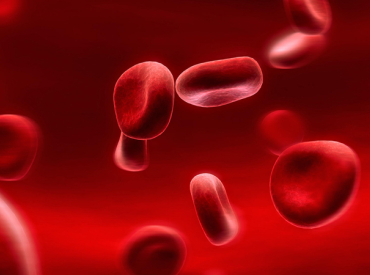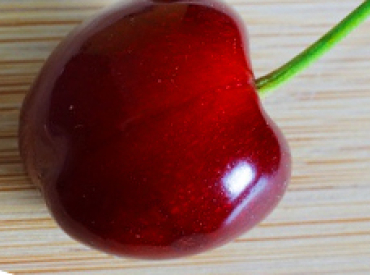Too Much Iron Leads to Hair Loss
We’ve recently been told that the humble glass of red wine with all its previous health benefits can now cause cancer but let’s be honest, alcohol is a toxin and deep down we probably knew it all along. Equally, it’s no secret that too much iron can cause hair loss, it’s just that we hear so much about iron deficiencies that the risk of iron overload takes a back seat. But now that it's out in the open, we’re in a bit of a sticky spot - not enough iron will lead to anaemia which can cause hair loss but if we overload on iron we could still lose our hair. So where’s the happy medium?
Iron is one the major power foods for healthy hair growth and is essential for a strong immune system and mental function. The current recommended intake according to European standards is 14mg a day but some foods are more easily absorbed than others. Red meat is the most potent source of iron but lentils, beans, dried fruit, green leafy vegetables, nuts and seeds, and fortified breakfast cereals also contain iron, although they aren’t as easily absorbed.
Too much iron in the body accumulates in tissues and organs and affects their normal function. The most susceptible organs are the liver, heart and endocrine glands and symptoms include chronic fatigue, joint pain, abdominal pain, irregular heartbeat, loss of period, lowered libido, skin colour changes and hair loss.
There are two types of iron overload, the hereditary kind known as haemochromatosis, and the acquired form. People who eat excessive amounts of red meat, take iron supplements or injections when they don't need them and have too many blood transfusions risk acquiring iron overload disorder. Taking vitamin C with foods can also increase iron absorption.
If your hair is considerably thinner than it once was and you’re noticing some of these other symptoms, you should consult your doctor immediately. If your thinning hair is bothering you, there are hair loss treatments that can help minimise the damage the condition is causing and help to re-grow any lost hair but it’s important to treat the condition and not just the symptoms it's causing.
Research shows that iron levels tend to rise with age and once you absorb too much iron it stays with you for life. One milligram of iron is lost daily through hair, fingernails, dead skin cells but humans have no easy means to excrete excess iron other than by giving blood or with medical treatment. Even for women, the average daily loss during menstruation is one and a half milligrams.
So many women are misdiagnosed as being iron deficient (where hair loss is another common symptom) and are prescribed with iron supplements when it is not really necessary. There are many different kinds of anaemia and haemoglobin may be low for reasons other than iron deficiency.
Tests for elevated haemoglobin levels however are generally more reliable so if you’ve been diagnosed with an iron overload disorder, there are some tips you can follow whilst undertaking medical treatment. Avoid excessive amounts of vitamin C which can help absorb iron and drink tea as the tannin can help inhibit iron absorption. During the recommended treatment you could benefit from taking a B complex of vitamins, including B6, folic acid or folate and B12, all of which are also beneficial for hair growth.
In cases where people are genetically susceptible to hair loss, iron diseases can trigger an early onset and proven hair loss treatments will be needed to control the condition. In others however, hair loss products can help spur hair growth but most of the time bodily damage caused by iron diseases are reversible.

The Belgravia Centre
The Belgravia Centre is a world-renowned group of a hair loss clinic in Central London, UK. If you are worried about hair loss you can arrange a free consultation with a hair loss expert or complete our Online Consultation from anywhere in the world for home-use treatment.
View our Hair Loss Success Stories, which includes the world's largest gallery of hair growth photos and demonstrates the level of success that so many of Belgravia's patients achieve.


